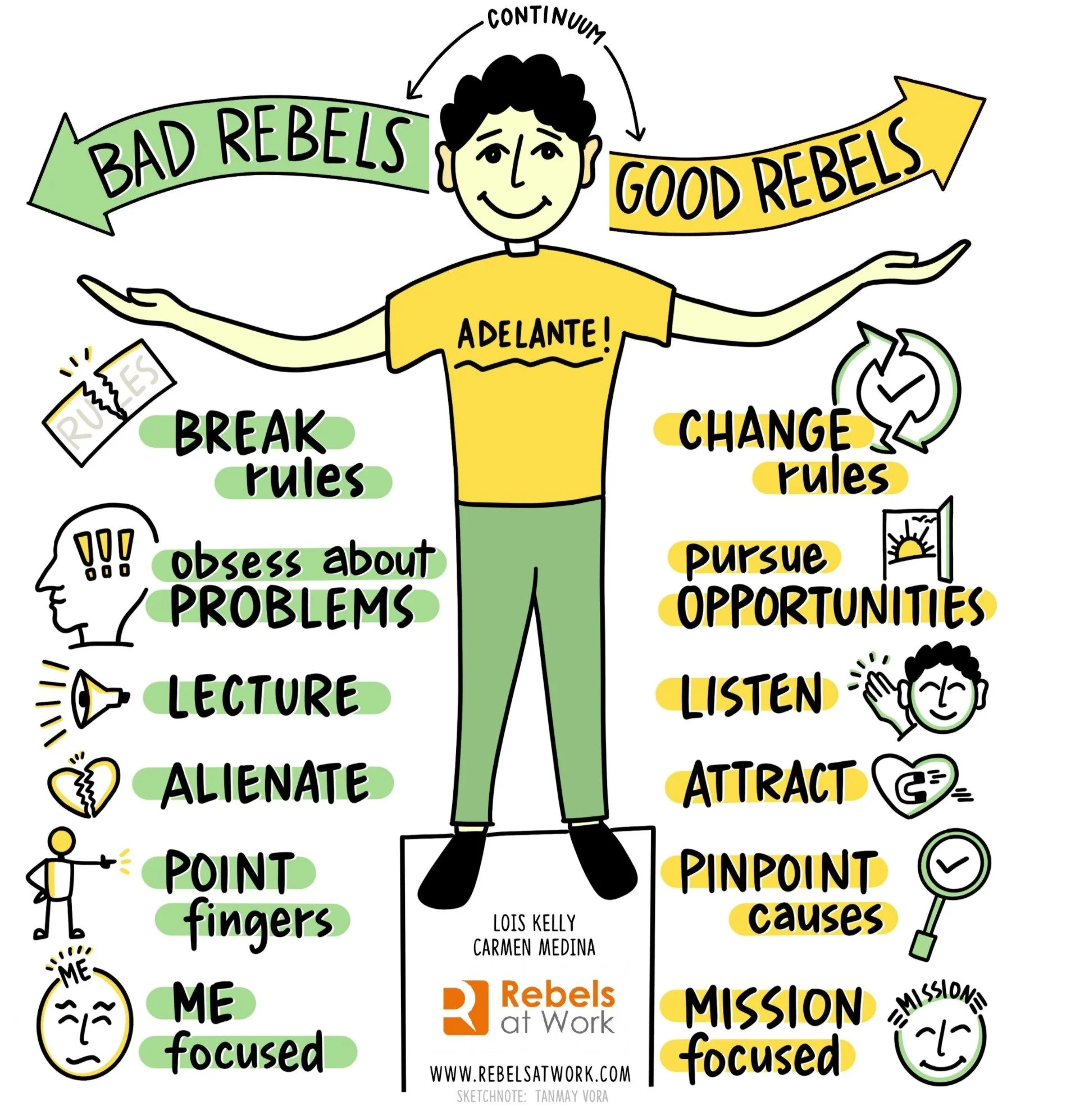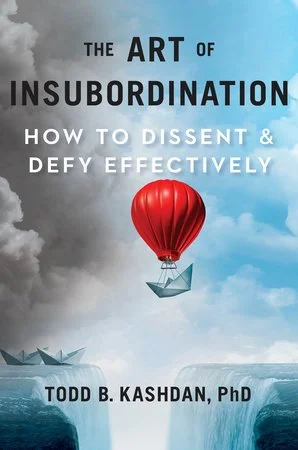The Day After: A Rebel's Mistakes
An incident happened yesterday in my small New England town where people called the police on me.
I was in that wonderful flow state when you get immersed in doing something and lose all sense of time and place.
In my case, I didn’t realize I was trespassing while taking architectural photographs at a historic mill that has been turned into apartments. If interested, you can read about it here.
A day after the incident I see that I had veered into Bad Rebel behavior yesterday. Here’s what I learned.
People living in the mill apartments were afraid of me taking photographs. So afraid that several called the police and asked them to apprehend me. I was shocked. Why wouldn’t someone simply come outside and ask me what I was doing? It was akin to someone reporting you to HR without talking to you about how you had upset them.
People, especially in this unstable pandemic, political and economic time, are hyper-fearful. In our neighborhoods, in our workplaces.
As an angry Bad Rebel, I wrote a story about the incident and posted it on the town’s Facebook page.
Mistake # 1: Don’t act when angry
When we’re angry, it’s better to cool down before saying anything that might further increase people’s anxiety. (And definitely don’t post things on community pages that rile people up. There’s enough divisiveness without adding fuel to the fire.)
Mistake #2: Alleviate anxiety
When people are fearful or anxious their instinct is to resist what we’re saying or doing. Or worse, turn against us, find fault with us, discredit us, report us.
I should have asked permission to photograph the building, easing anxieties. In my cluelessness, I never thought people might be upset. Similarly, as Rebels at work, we need to be sensitive to what might make others uncomfortable or afraid, even though it wouldn’t be uncomfortable for us. The next step in getting people to consider our heretical or uncomfortable ideas is to ease their anxiety.
When we’re all riled up – bursting with excitement or angry – we can easily put people off.
A better approach is to have lots of calm, rational conversations. To ask questions to get others’ perspectives. To get their ideas on how to improve the idea or advice on how they think we could best build support.
Carmen and I have written a lot about this topic because it is so important for Rebels. Here are some posts that might be helpful:
Anger, When You’re Mad as Hell
Don’t Shrink Your Comfort Zone
Mistake #3: Language matters
In my story, I triggered people who then reacted by calling me one of those “BS Liberal people.” They were right. The language I used could have sounded like I was pointed fingers, lecturing, name-calling. In other words, alienating. Ouch.
I am reminded of the value of slowing down, looking at language, and asking, “Do these words invite belonging, conversation, and psychological safety, or am I inadvertently creating divisiveness.” Note to self be a slower Rebel and more deliberate with language.
Mistake #4: Don’t disappear
While most people in my community were supportive and helpful in suggesting what I could have done differently, a few hurled angry, threatening comments at me, which made me think, “Never again. I’m going to quiet, disappear and stop being involved in my town.”
This is a Rebel mistake. We need Rebels’ fresh perspectives, tough questions, inventive approaches.
When things get uncomfortable for us, we might benefit from stepping back to get a better perspective and reflect on what we could have done differently. But to give up and be silenced is not only a mistake, but it would also be a Rebel tragedy.
Quitting is easy. Learning from difficult situations is how we grow. It is so hard, and it is so necessary.
Easing anxiety. Not acting when angry. Paying attention to language. Not giving up.
I should know better. But even good Rebels sometimes go to the dark side, acting like bad Rebels.



